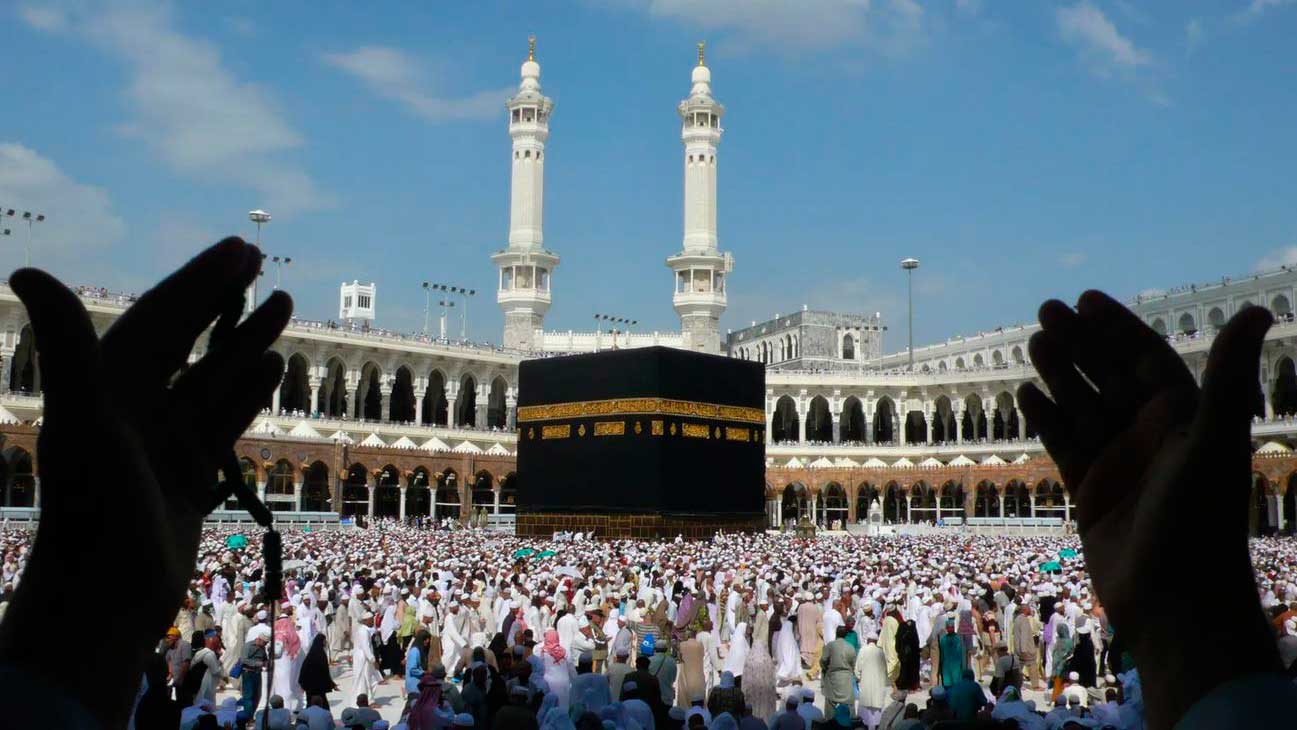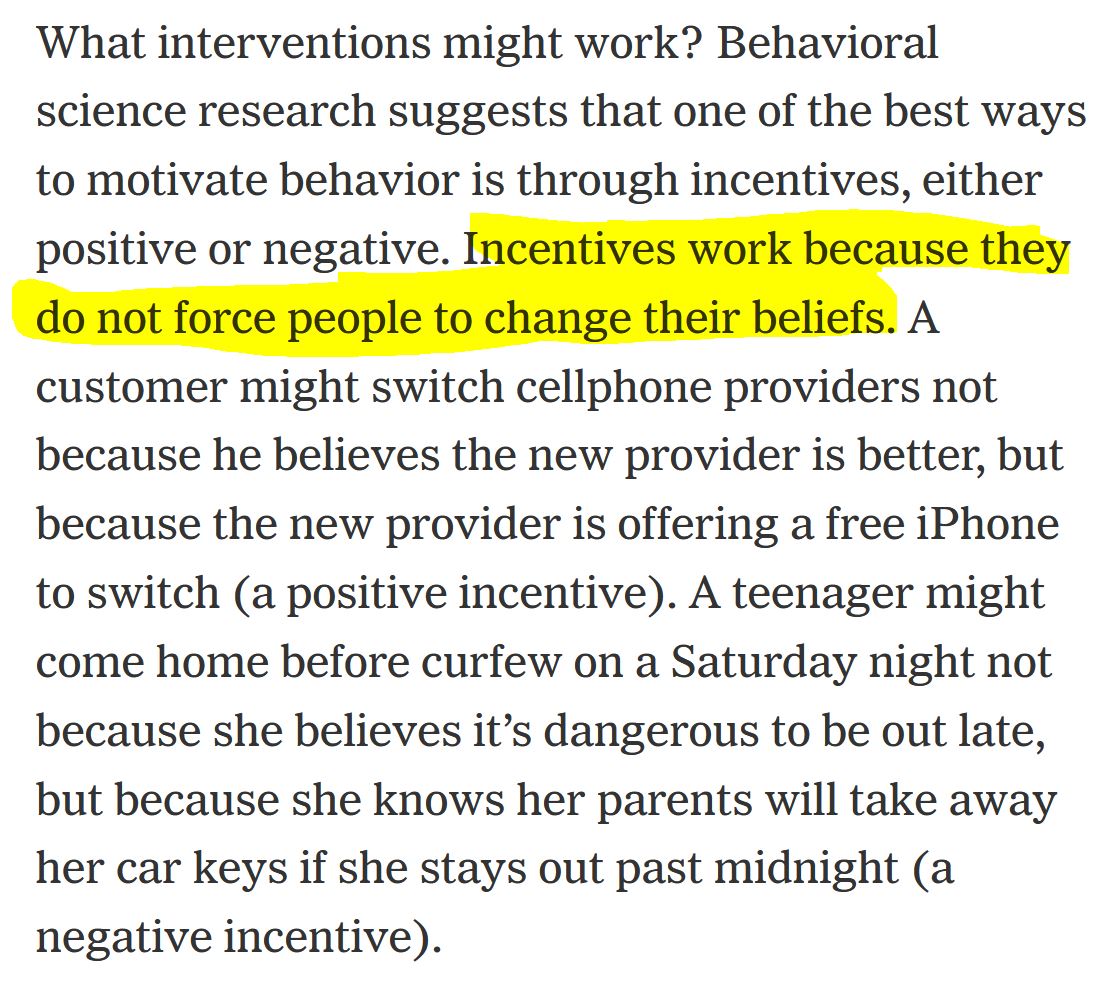An article in the NY Times argues for the legitimacy of forced compliance with vaccine mandates and, in so doing, seems to express a fundamental change in Western Liberalism's religious orientation.xxxxxxxxxxxxxxxxxxxxxxxxxxxxxxxxxxxxxxxxxxxxxxxxxxxxxxxxxxxxxxxxxxxxxxxxxxxxxxxxxxxxxxxxxxxxxxxxxxxxxxxxxxxxxxxxxxxxxxxxxxxxxxxxxxxxxxxxxxxxxxxxxxxxxxxxxxxxxxxxxxxxxxxxxxxxxxxxxxxxxxxxxxxxxxxxxxxxxxxxxxxxxxxxxxxxxxxxxxxxxxxxxxxxxxxxxxxxxxxxxxxxxxxxxxxxxxxxxxxxxxxxxxxxxxxxxxxxxxxxxxxxxxxxxxxxxxxxxxxx
The way in which Tal Asad, a Saudi anthropologist at City University of New York reads the Geneva Convention is enlightening for understanding our enlightened liberal society. He writes, in his Formations of the Secular:
The principle [of the Geneva convention] states that the human destruction inflicted should not outweigh the strategic advantage gained. Only necessary punishment of noncombatants should be used. But given the aim of ultimate victory the notion of “military necessity” can be extended indefinitely. Any measure that is intended as a contribution to that aim, no matter how much suffering it creates, may be justified in terms of “military necessity"1.
What is interesting about this is how it can be viewed as not simply a critical interpretation of this secular, liberal doctrine, but rather how it is itself an expression of the fundamental impulsion of our secular liberal society.
The Enlightenment separation of Church from State was justified as a way of taming the excesses of the religious-fueled conflict that had preceded it. Religion now became relegated to the private domain which was seen as its most logical location. Based on the notion that one can never be coerced in their faith it was thought natural to allow religion to do what it would in the private lives of citizens, separate from action of the State. This was seen as a way of isolating the non-intentional nature of faith from the reasoned intentionality of the State in a way that conformed to religion's essential nature: i.e., that the serendipity of religion, stripped of its direct connection to the power of the state, would not seek-out this power. In this way, the secular rationalization of the religious can be seen to form the basis for liberalism as that philosophy adequate to accommodating the contingency of belief. This was not, however, a fully defined philosophy, but a project.
Liberalism becomes in this way the rational ordering of life that transforms the unpredictability and irrationality of (human) nature into the order and justice of civil society, one constructed around the reasoned tolerance and respect for contingency. The project of liberalism is thus about eliminating from the world all of the injustices and impediments to fulfilling the (real) nature of human being. Which is to say: to bring the unruly, messy, tangle of contingent reality into reasoned conformity with actual nature of human-being. Liberalism's project thus sees in inequality, racism, injustice that which needs to be purified from the world so that it actually eventually reflects the purity of human being's (rational) construction.
Which brings this back to the Geneva Convention. Secular liberalism's intention is the fulfillment of the actual humanity in man, the realization of which involves the necessary violence of bringing what doesn't conform in the world and in man himself into conformity with its assumed essential character. As such, the Convention itself can be read as incorporating this very fundamental, foundational logic within it: it is not that military action is only a matter of last resort, or must be justified in a court of law; rather it is that military action is always in fact justified so long as it forms part of the liberal project of purifying the world. As such the Geneva Convention is little more than a restatement of the authorization implied by liberalism's project.
It is in this sense that it is interesting to consider an article published in the New York Times on December 21, 2021, concerning vaccine mandates, headlined Facts Alone Aren't Going to Win Over the Unvaccinated. This Might:
Vaccine mandates and 'incentives work because they do not force people to change their beliefs.' On the one hand this seems like a precise reflection of the core principle of secular liberalism: that it is a rationale whose legitimacy comes from the fact that it respects and tolerates the space of religious belief. One that, based in that legitimacy, is also a reflection of the authority of liberalism to intervene in that which doesn't conform to the best interests of citizens to bring about its conformity. Vaccines are for the greater good of society and so they must be taken-up by citizens—whatever incentives, positive or negative that are necessary are authorized on account of this moral authority. Whatever violence results from the application of these negative incentives (losing a job, destitution, anxiety, depression, fear) is thus legitimate.
But this doesn't tell the whole story. Because it is not only that one is being compelled to inject the vaccine through mandates or other incentives—it is also that they are also expected to continue to manifest themselves as proper liberal citizens. Smiling in their masks practicing ballet, or diligently at work delivering packages to sequestered academics, one is also expected to not only accept this violence on their person, but to also reflect it publicly as legitimate through one's performance of normalcy. Certainly, one possibility is masses of those who are forced to comply, who resign themselves to their abjection with a liberal state that doesn't value them; but the more likely probability is that this compliance itself becomes pantomime. Since it is already explicit that what one believes is of no concern, then it is only the performance of their compliance that is important. This inaugurates the possibility of a fundamentally different form of religious belief.
As Tal Asad again argues in an essay collection that forms a debate between he, Judith Butler, Wendy Brown, and Saba Mahmood, is critique secular?: what distinguishes secular liberal faith from Muslim faith is that in the former, faith is a private issue of importance for one whose public expression is unimportant and at the discretion of one who practices their faith; and in the latter, faith arises through the embodied public practice and performance—what is private, what one actually believes is not important. Thus, secular faith is about the belief itself whereas Muslim faith, according to this argument, is about how the faith lies in the practices and their public performance itself.
Islamic jurists adopt the principle of epistemological skepticism, insisting that the judge cannot distinguish with absolute certainty a truthful utterance from a lie when that is unsupported by sensory experience.
Disbelief incurs no punishment; even the Qur'an stipulates no worldly punishment for disbelief2.
This raises the question with regard to these vaccine mandates: when the possibility of convincing another, of 'seducing' them over to your way of thinking is considered impossible, and thus that the imposition of force to compel their outward compliance is resorted to, does this not represent a fundamental shift in the religious structure of Western liberalism itself? If 'forcible subjection' to the display of outward markers of belief (what Tal Asad argues are characteristic of Sha'ria Law and Muslim cultures) are what have now become important in secular Western societies (as it seems impossible to dispute at this point in the COVID pandemic), then what really distinguishes anymore Western liberal society from Muslim society (and this is NOT to judge either one as good or bad)? How can one not view this as a fundamental change in what liberalism expresses of its project in the Geneva Convention? On the one hand, as a deliberate, conscientious act of society to make this transformation, perhaps it indicates a change in thinking with respect to those Middle Eastern countries they have waged war on for so long: that they choose to become more like them or to see the wisdom in their form of religious meaning in the context of a Western society long lost hope of any internal meaning and looking now towards the external and ritualistic. On the other hand, however, absent the elaborate, highly specified culture of Islamic societies and the myriad practices that constitute the public expression of their faith, this isolated change in thinking with respect to displays of religious belief in liberal society seems rather to reflect a perversion of traditional (secular liberal) religious belief. Dislodged from its traditional private domain and forced into public displays of compliance, one can't help but wonder if in fact what lies ahead for the West isn't the proliferation of these such performances into secular liberalism's own specific, expansively elaborated culture of State religion, among the first of which is: exhibiting one's vaccination status.

